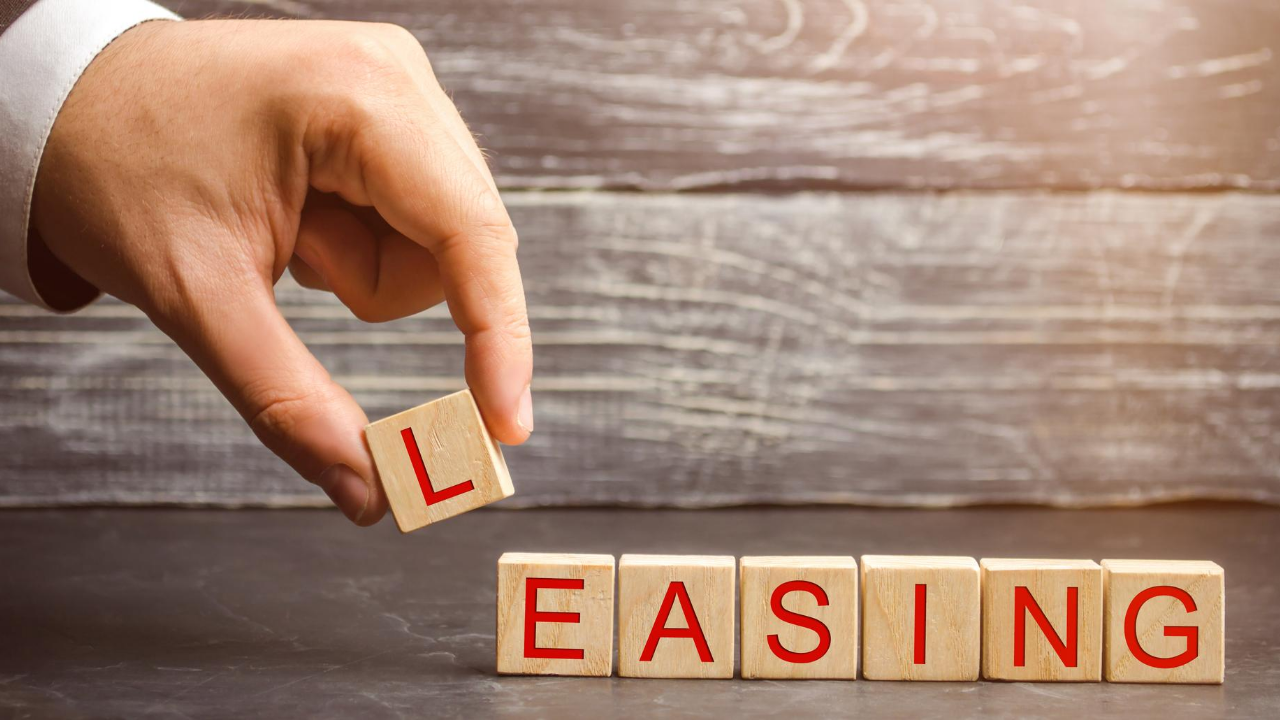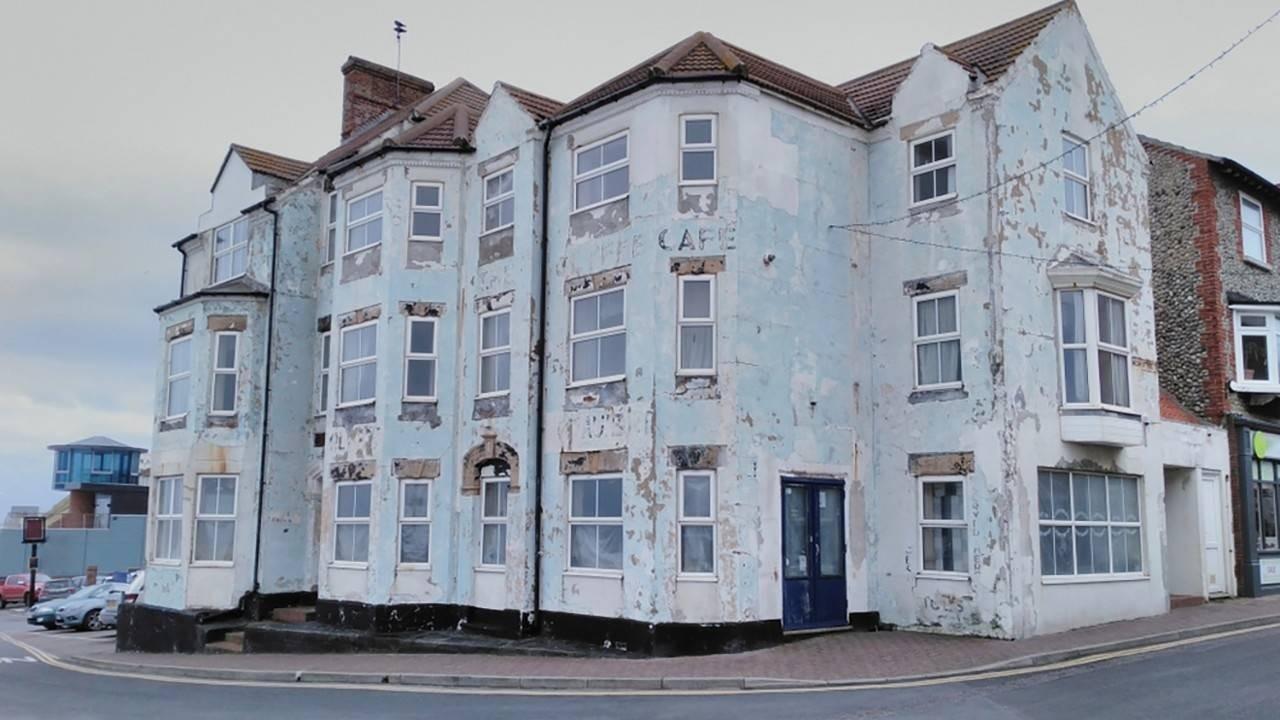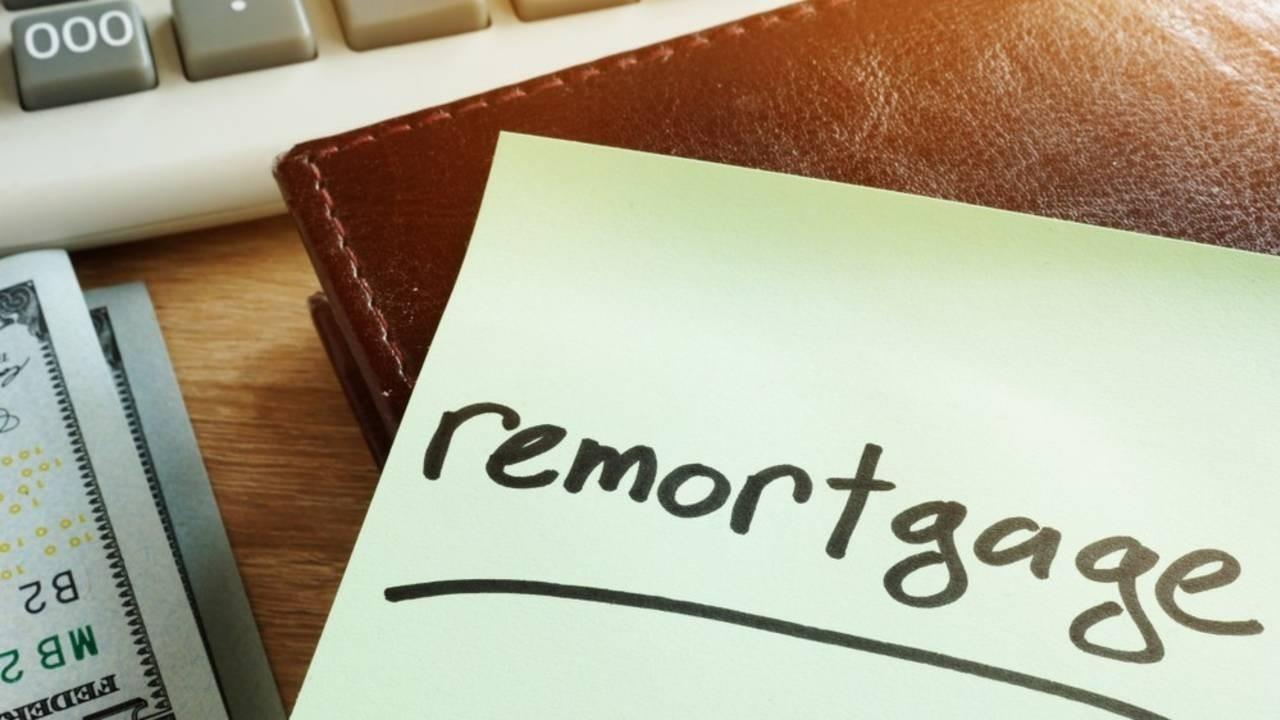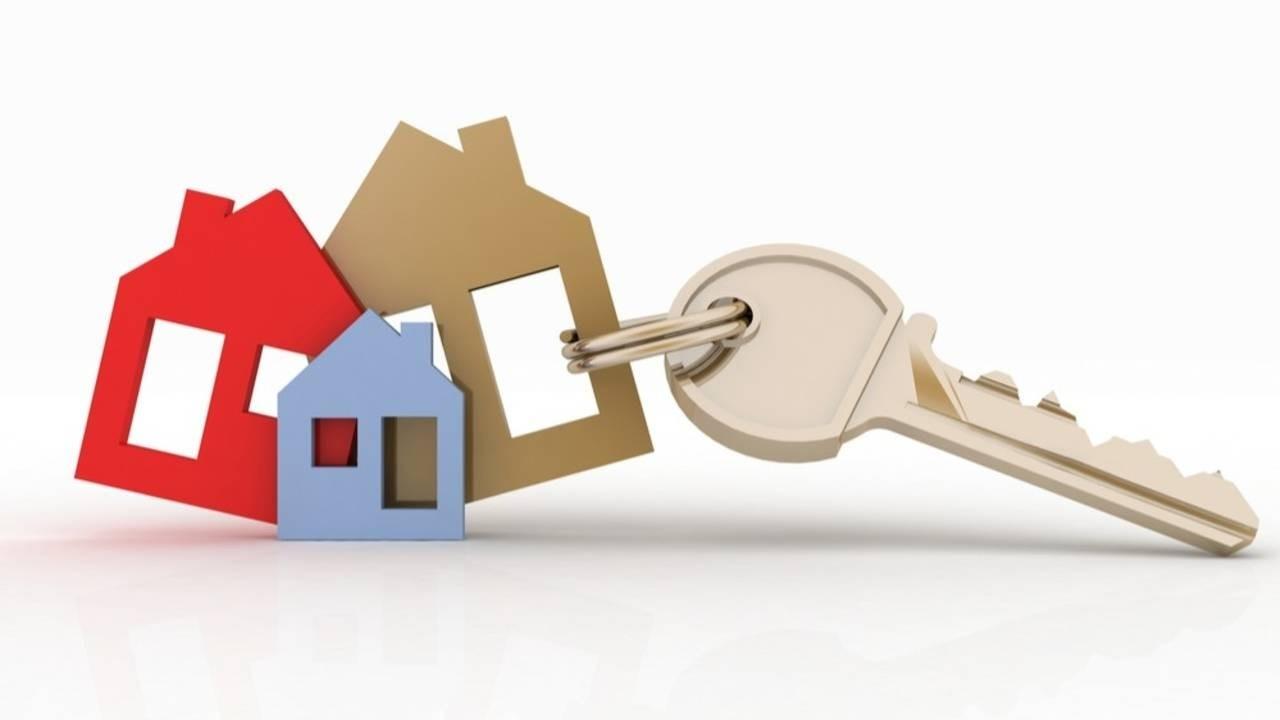Does Knotweed mean no mortgage?

THE QUESTION
I've seen a house with knotweed which is 8 metres from the house and is level 3. Do mortgage providers lend on properties with knotweed? If not, could I get a bridging loan, excavate the knotweed and refurb the house then refinance?
THE ANSWER
Several issues here, so let’s deal with them
- Mortgageability - Japanese Knotweed is one of the biggest no-nos for mortgage lenders, because of its potential ability to undermine the foundations of a property. Its current 8 metres proximity to the property won’t be 8 metres for long, given its propensity to spread. It’s highly unlikely that you would be granted a mortgage, especially at the time of year when it is in full growth mode, April to August, which can be up to 20 cm per day in some cases.
- Eradication of Japanese Knotweed is controlled and only possible through licensed contractors. Excavation or chemical treatment are the options. With excavation a depth of 3 metres is required as well as 3 metres in every direc ...
Calculating the value of lease options

THE QUESTION
We have an option to buy a commercial property for £200k, which is it’s current worth. During the lease period, we plan to enhance the building to double it’s worth to £400k.
If we exercise the option and proceed to completion. The vendor wants his £200k and that's what will be recorded on the Land Registry as the sale price, but we want to borrow against the £400k value.
Will any lenders look at lending against market value rather than purchase price if we can prove the value added during lease period?
THE ANSWER
There are two issues here:
- When getting a mortgage to purchase, mortgage lenders invariably lend on the LOWER of the purchase price or value. They may recognise that you have added value, but there is very little, if any, chance that they will base the amount they are willing to lend on it. Their offer will be based on the purchase price you actually paid.
- More importantly, the lender may decline to lend at all, because they do not consider it to be t ...
Growing your property portfolio

THE QUESTION
Is this possible:
- Buy 5 houses (50-60k price range) on BTL mortgages with 25% deposits, do small refurbs out of own cash with aim to rent them out within 3 months max.
- In 6 months’ time, refinance to pull some cash out of the deal (most will still have money in them)
- Use the rental profits + cash from the refinancing to buy more rental properties
- Repeat, building up a portfolio.
Question is, does this work? Can I use BTL mortgages for this or do I have to use bridging finance? Can I refinance BTL mortgages in this price range? Will there be limits to what I will be able to pull out of the re-mortgage bit. (This is all assuming I take zero out of the company)
THE ANSWER
Your intention is sound, but your strategy to achieve it is a bit off beam. I know something about this, because I have been teaching investors how to achieve exactly this outcome, and a lot more, since 2013. Here is how to refine it to make it more achievable.
- Using BTL mortgages when yo ...
Buying land without an option

THE QUESTION
I have a deal on a plot of land for £30k and GDV will be £410-420k, build cost will be £150k, my profit will be about £240k.
I have paid the planning consultant to check the plans and he is confident that we will get planning. The owner of the land won’t get a lawyer to sign an option agreement; he only wants to give us word of mouth.
I have told him we both need a solicitor to do an option agreement, that after we get planning approval, he will only charge us £30k for the land. We have invested almost £500 on the deal so far and we’re not sure what to do, do we walk away?
If we get planning but have no option agreement, he can change the price on us or back out without any paperwork.
THE ANSWER
Developers use a lock out option contract to tie the seller in for a period (usually 12 months, but can be longer) so they have time to apply for planning. If they get it, they exercise the option and buy the property at the price in the contract. If they don’t, they let t...
Buying BMV doesn’t mean a full value mortgage

THE QUESTION
I've sourced a 20% BMV deal and am wondering if it’s possible to get an interest only mortgage for the purchase taking into account 80% loan-to-value, so I can purchase with a smaller deposit?
THE ANSWER
You are on a loser if you want to get a mortgage lender to lend against value and ignore the purchase price - at the point of purchase they never do. It is always the LOWER of purchase price or value.
However, some, but not all, bridgers will lend against the value and sometimes up to 75%, but it is often not quite as simple as that.
One key factor is whether the property is or has been marketed by an agent or not. Using the example of you think the true current value is £100k but you have negotiated to buy it for £80k. If it has not been marketed a bridgers valuer may (but there’s no guarantee) value it at £100k.
However, if it has been marketed and say the asking price was £85k, then valuers would override your idea its worth £100k and value it at £85k at best. In...
Unmortgageable properties – hidden treasures

Unmortgageable properties represent a gold mine of opportunities! But before you jump in you need to understand why they are unmortgageable and which ones have profit hidden in them – and the deals to avoid.
Unmortgageable properties are valuable because:
- There is significantly less competitive buyer interest
- Vendors are already resigned to accepting below asking price offers.
The vast majority of property investors are mortgage-dependent and when a property can’t be mortgaged they walk away. This leaves the field clear for the few investors that have the knowledge of how to buy this type of property.
Better still, not only do mortgage-dependent investors walk away from unmortgageable properties, they often don’t even spot them; they’re not on their radar.
Why is an unmortgageable property such a good deal?
The owners of an unmortgageable property are usually aware that it’s unmortgageable. Often this is because they’ve lost one or more potential buyers already, because t...
Buy BMV, then remortgage at full value

THE QUESTION
A prominent member of the community has said that you can buy a property below market value (BMV) e.g. 25% BMV £150k, MV £200k) using a BTL mortgage and then remortgage six months later at MV £200k – realising the 25% difference £37.5k.
You can then use that £37.5k as a deposit for the next deal etc.
Is it actually possible to remortgage after six months at the true MV and not the actual purchase price?
THE ANSWER
The question here is not ‘can you …’, but what you are risking if you do.
With their current lending criteria, no mortgage lender is going to give you a mortgage if you are transparent about your intent to redeem within a matter of months. That covers both selling and refinancing.
That applies regardless of whether you are happy to pay any redemption penalty applicable.
Does it happen? Without doubt it does. There are many investors who see being 'economical with the truth' on their mortgage application form as preferable to being transparent and getti...
Don’t let a great deal escape!

For most people property deals require a substantial wad of cash to get into the game, but that isn’t always the case.
Typically a mortgage requires 25% down – and that’s before you start doing the refurb. Then there are the properties that are basically sound, but aren’t in good enough condition to live in – and which no mortgage lender will even consider.
Properties that need a serious facelift are unmortgageable – but they also offer the investor an excellent deal. Once the work is done they’re worth much, much more than the purchase price and the return on investment can be substantial – but without that essential cash they tend to be the preserve of cash buyers.
However, there are ways around this challenge – and they’re legal and are very profitable for the investor.
Two of my clients came to me for help with very different outcomes.
Not enough cash for a deposit and refurb
The first client – let’s call him Alan – had found a property that had been a care home, but had cl...
Power up your equity

When you launch your property career it’s rare to be cash-rich. However, most investors own their own home – and frequently have substantial equity in their property. So it’s obvious – remortgage your home, release a chunk of money and you’re off and running. Or is it?
If you’ve got an unencumbered or low-geared (less than 25% LTV) property, you’ve got collateral. But why incur mortgage payments and interest when you don’t need to?
Confused? This isn’t as complicated as it might sound.
So if you decided to release equity to provide you with deposits for a few buy-to-let properties, you’ll have to make the application, wait for it to come through and then you’ve got a chunk of money sitting in your bank account. It’s not earning anything there, but you’re already paying interest on the mortgage and your monthly income will have to cover the mortgage payments.
How many weeks or months will it be before you find suitable BTL properties to purchase? All that time you’re paying f...
How to get most of your money out of every deal

I’ve been in property for decades and I remember the days of no-money-down property purchases, but these are long gone.
You can’t get a 24-hour remortgage any longer. Most property investors now see it as a longer haul as that 25% deposit means money is trapped in every property you buy. The processes to get your money out fast and move on to the next purchase that made property a great way to generate an income have gone.
Does that mean that it’s no longer possible?
No – you just need different strategies – and I’ve been teaching investors these for several years.
Yes, it’s legal
There is NO element of mortgage fraud in my strategies. At every stage there is full disclosure regarding the transaction to every lender involved. Using creative finance it is possible to buy property, leaving very little of your own money in the deal.
Delayed completion
Using bridging finance with a clause that means works can be carried out on the property between exchange and completion. This...




